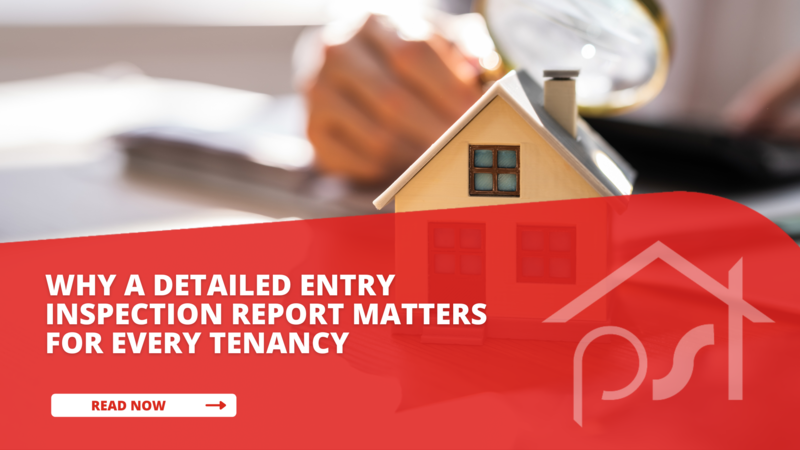Why a Detailed Entry Inspection Report Matters for Every Tenancy

1. Overall Property Condition
Recording the property's general condition sets the foundation for future comparisons. While it’s not necessary to document every minor scuff, the report should give a clear picture of the state of the walls, signs of wear, and any noticeable damage. Descriptive notes like “minor wear and tear, no visible damage” or “3M hooks and small pinholes on walls” provide helpful detail.
2. Flooring and Carpets
It’s important to log any stains, marks, or visible damage to carpets and hard flooring. Pay close attention to any signs of water damage, especially in wet areas. Supporting each observation with photos is recommended, as flooring issues are often a source of disagreement.
3. Key and Lock Inventory
Photograph and label each key issued, including the door or lock it matches. This step makes it easier to track and recover all keys at the end of the tenancy.
4. Chattels and Appliances
List all provided chattels, if possible noting their make, model, and condition. Don’t overlook smaller items like remote controls for heat pumps or garage doors. A detailed list avoids confusion about what was included and its condition at the tenancy’s start.
5. Cleanliness Standard
The Residential Tenancies Act (RTA) requires the property to be in a “reasonable condition.” However, cleanliness can be subjective. Agreeing on a specific standard—such as “9 out of 10”—can help manage expectations, especially in older homes where wear is more noticeable.
6. Robust Photo Evidence
Photographs are a key part of the report, offering visual proof of the property’s condition at the start of the tenancy. These visuals serve as important references in the event of a dispute.
Importance of Tenant Review
Tenants should carefully review the inspection report to confirm it accurately reflects the property’s condition. Any discrepancies should be raised promptly with the property manager to avoid issues down the line.
Advantages for Property Owners
For landlords, an entry inspection offers a rare chance to view the property while it’s unoccupied. This makes it easier to spot potential maintenance issues and assess wear from prior tenants. While ongoing inspections are crucial, an entry inspection provides a valuable snapshot of the property's baseline state, helping inform long-term maintenance planning.
In summary, a detailed entry inspection report protects both landlords and tenants, setting the stage for a smooth and dispute-free tenancy.
